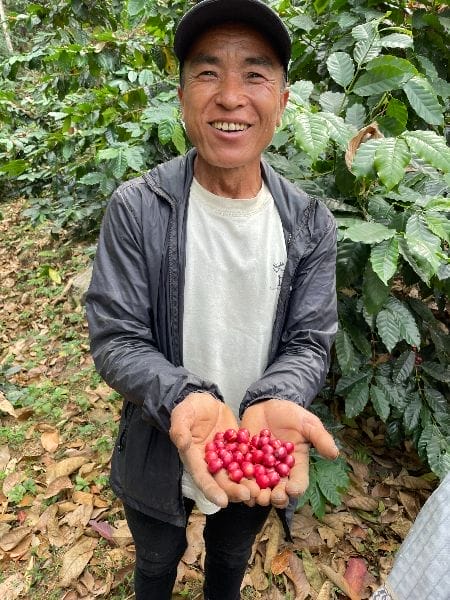
Collective coffee processing will be happening for the first time in December 2023! CLN’s earliest coffee bushes are mature and thousands more are just beginning to produce coffee. Our harvest volume is getting large enough that there is economic value to collecting coffee cherries from all the farmers and processing them in a central facility. To be ready for the upcoming coffee harvest, CLN built a simple building this year, purchased a huller and demucilager and built more drying racks. We are now planning for systematic collection of coffee cherries from the villages. Collective coffee processing will provide greater consistency and will allow us to improve the quality of our green beans–it’s an essential next step in market linkages and increasing the value of our coffee. This season will be our pilot run to get all of the processing systems working smoothly in anticipation of bigger harvests every year going forward.
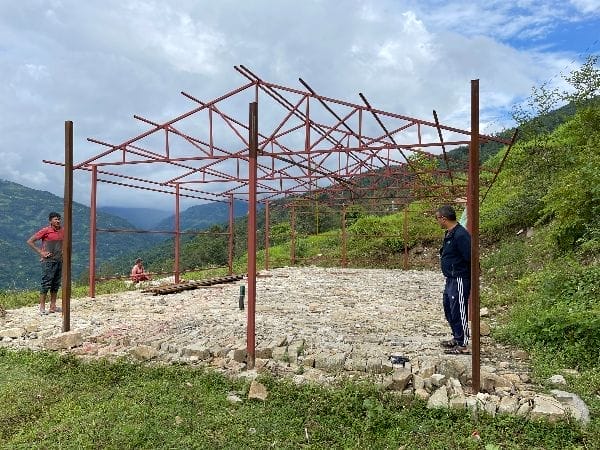
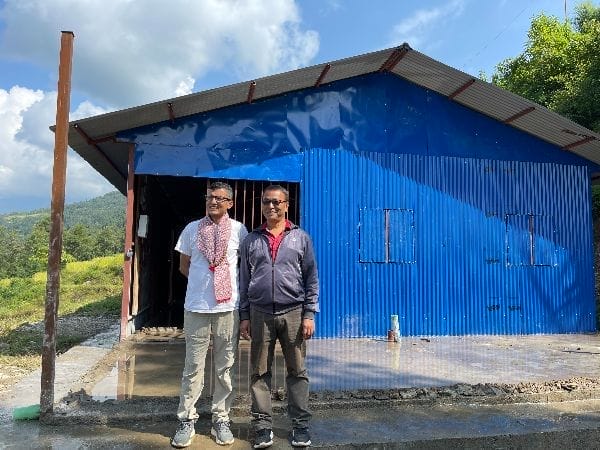
This year CLN’s organic farming program added 74 farmers to the coffee project (for a total of 371 farmers), planted almost 50,000 new bushes, and provided training on bush management and proper harvesting. Farmers are consistently generating income from both their coffee harvest and from growing and selling new saplings taken from cuttings of their mature plants. From the coffee harvest alone, our farmers’ revenue went up 50% this year. The overall total across all farmers increased from $15,000 to $22,000 in 2023, and it will continue to increase each year as more and more coffee plants mature.
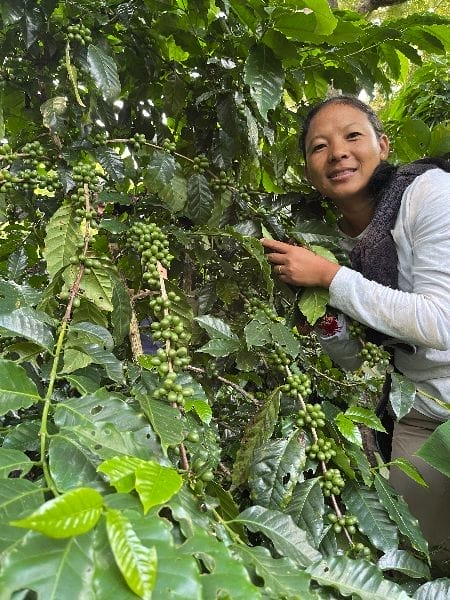
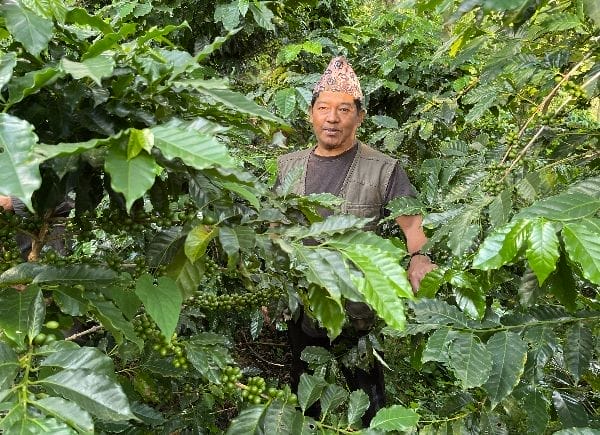
We have a total of over 250,000 coffee bushes in the region, which will soon be enough for commercial sale volume. That’s important because as we reach commercial minimums, we have more buyers interested, more demand for our product, better economies of scale for costs and profit, and increasing farmer interest in growing coffee throughout the district. We are also able to purchase specialized machines that will produce better quality and keep more value in the village. For example, parchment is the final stage before green beans that are ready to roast. The parchment is a thin papery layer which is removed by a huller machine. We have been taking parchment beans to Kathmandu for hulling, but this year, we will install a huller in the collective processing building and will produce green beans for the first time. This will enable us to sell directly to exporters in the future as the harvest increases. That means better profits for local farmers!
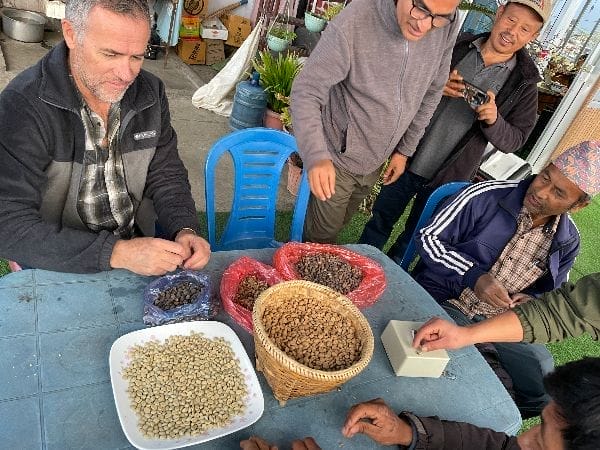
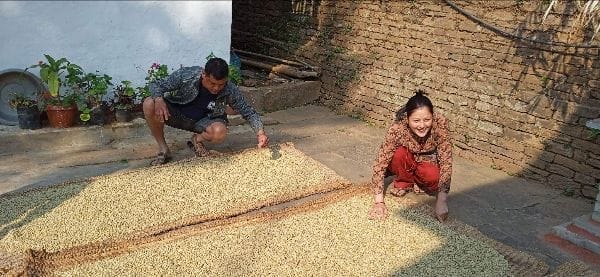
In 2024, CLN is planning to expand our organic coffee farming program into the northern part of the district where we work. For that, we need reliable funding to ensure we can support farmers across their early years of planting while the coffee bushes mature and start to produce. Please consider making a recurring monthly donation to our organic agriculture program. Your recurring donation allows us to predict our funding over time so we can make long term financial commitments to support our farmers. There is a checkbox where you can select “make this a monthly donation” on our regular payment page. Regular monthly donations–large or small–make a big difference in our planning for multi-year organic agriculture projects!

